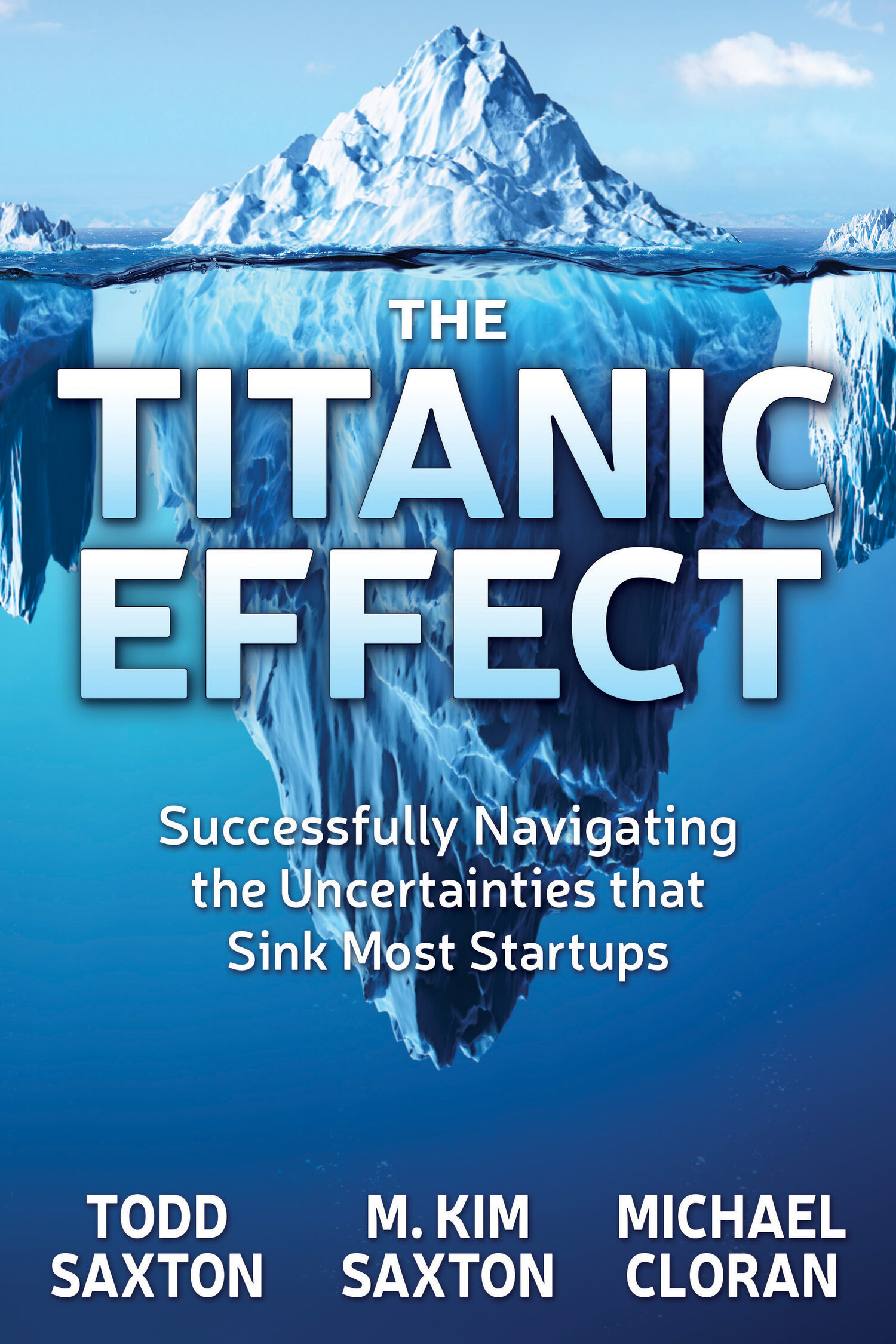We’ve recorded a number of podcasts lately. Somewhere in the conversation we get asked this question, “What do you say to the entrepreneur who feels overwhelmed and can’t figure out where to start?” We tend to see two different approaches. First, there are those entrepreneurs who just start doing things. Sometimes doing creates momentum and that’s a good thing. But, their activity is kind of scattered because they don’t really have a plan. On the other hand, we also see entrepreneurs who plan, plan, plan but never really take any action. So, we thought we would share the NOW and the NEXT as a way to help you figure out what to do tomorrow.





